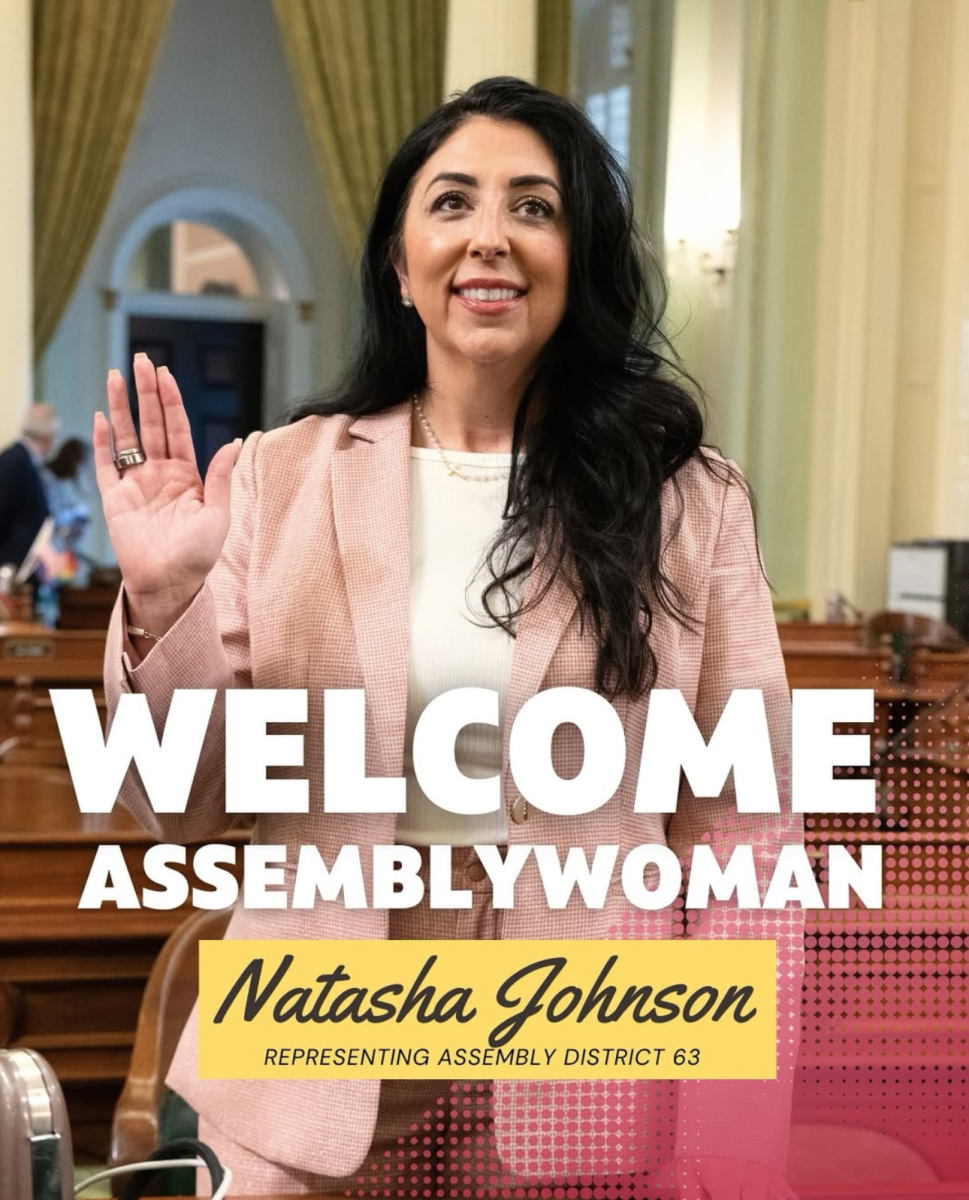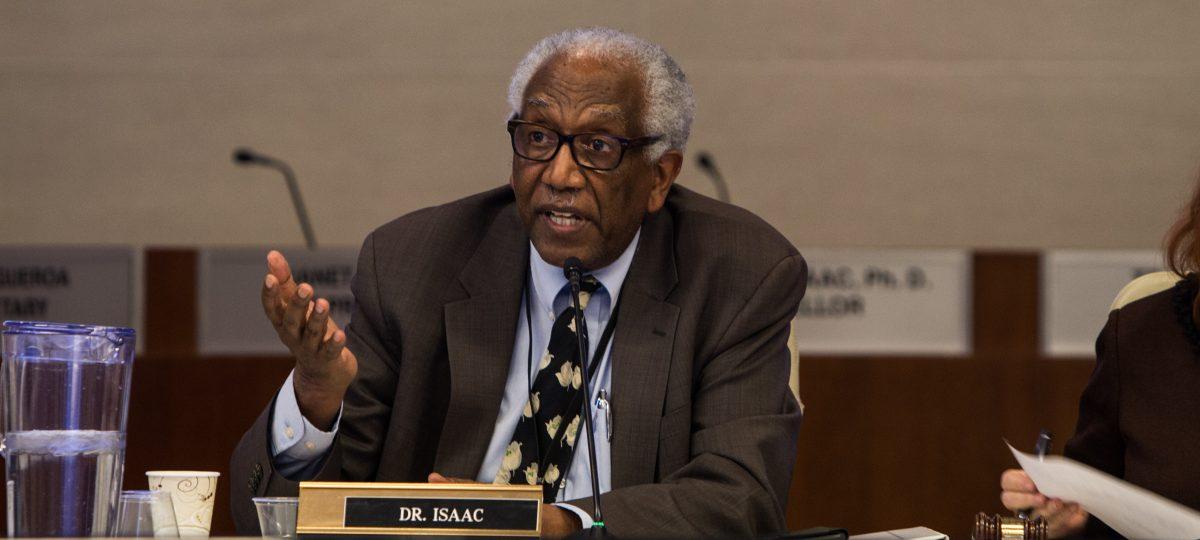By Jonathan Van Niel
The California electorate will be asked to choose between two competing death penalty measures on Nov. 8: one that seeks to speed up executions, another to eliminate them entirely.
Riverside County District Attorney and Prop. 66 Regional Chairman Michael Hestrin said the death penalty process can be reformed by removing unnecessary delays.
“It can take years for someone sentenced to death to receive an attorney for their appeal,” Hestrin said. “Prop. 66 would have attorneys assigned right after sentencing. There would be more due process.”
According to the measure, Prop. 66 would designate Superior Court for initial death penalty appeal petitions, limit successive petitions, establish a time frame for court reviews, require appointed attorneys who take noncapital punishment appeals to accept death penalty cases and authorize the transfers of death row inmates to other California prisons.
Jacob Hay, a spokesman for the Yes on 62 campaign, said that passage of Prop. 66 is not the solution Californians need.
“Proponents of both measures agree California’s death penalty is failing,” Hay said. “But Prop. 66 takes all the problems with the death penalty and makes them worse.
“In an effort to fix the system, which hasn’t been able to be fixed in 40 years, Prop. 66 tries to rush justice, moves death penalty cases to local courts and puts taxpayers on the hook for attorneys.”
Prop. 62, in contrast to 66, would end California’s practice of capital punishment altogether, making life without possibility of parole the state’s maximum sentence.
In replacing the death penalty with life without parole, Prop. 62 would apply retroactively to those now sentenced to death and would require inmates sentenced to life without parole to work with the state correction system’s program.
Proponents of Prop. 62 contend abolishing the death penalty is the only way to ensure an innocent person isn’t executed while making sure current death row inmates remain imprisoned for life while working to pay restitution to their victims.
Advocates for the measure argue that the death penalty is not a reliable method of justice.
“The death penalty is an ineffective, cruel, and simplistic response to the serious and complex problem of violent crime,” Hay said. “It institutionalizes discrimination against the poor and people of color, diverts attention and financial resources away from preventative measures that would actually increase public safety, risks the execution of innocent people, and does not deter crime.”
In addition to moral and ethical objections to capital punishment, Executive Director of Death Penalty Focus Matt Cherry states that California’s practice of the death penalty is fiscally irresponsible.
“The death penalty is an expensive and failed policy that California can no longer afford,” Cherry said. “Proposition 62 will save Californians millions annually, provide victims with swift and certain justice, and make sure no innocent person is mistakenly executed by the state.”
According to an Assessment of Costs study conducted by Judge Arthur Alarcón and Executive Director of the Alarcón Advocacy Center Paula Mitchell, California’s reinstatement of the death penalty has cost taxpayers over $5 billion since 1978.
In addition, the California Legislative Analyst’s Office states that if the sentences of those remaining on death row were commuted to life without parole, it would result in an immediate savings of $150 million per year, with a projected savings of $5 billion over the next 20 years.
“California has executed 13 people since 1978 … that’s less than the number of condemned inmates who killed themselves in that same time frame,” Hay said. “The $5 billion California taxpayers have spent on those executions qualify as a huge misuse of funds.”













